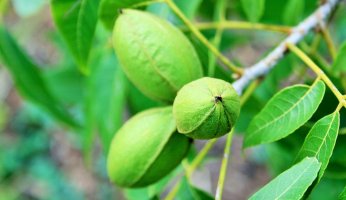Wild Edible Profile: Clover
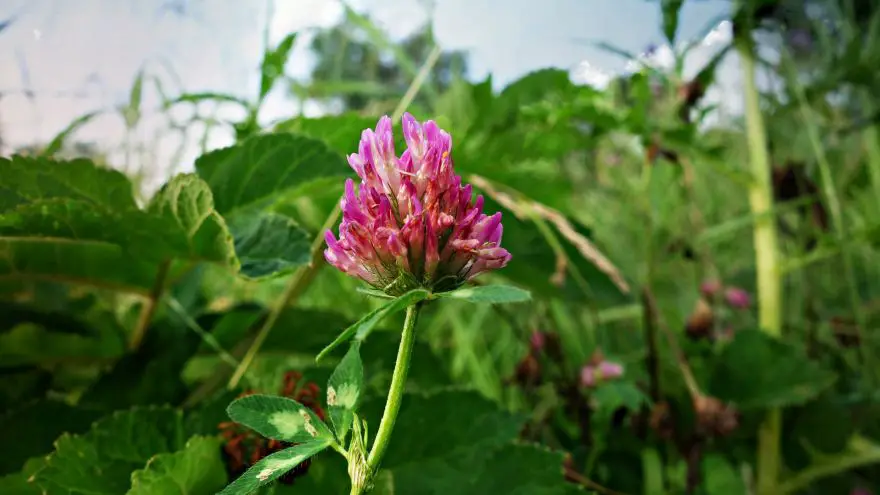 Wild Edible Profile: Clover
gearweare.net
Wild Edible Profile: Clover
gearweare.net
Clover also known as the genus Trifolium naturally grows in temperate and subtropical regions around the world. The clover plant is part of the pea family or Fabaceae. Clover plants are, generally, small annual herbs with a main root or rhizome that sends out many runners; they can also grow to about one to two feet in height. The most common type of cultivated clover is the red and white clover.
Despite the fact that clover grows in all parts of the plant, most of it is in the northern hemisphere and some in South America and Africa.
Table of Contents
Characteristics of clover plant
- Clover plant has compound leaves with three toothed leaflets; the plant is also short-leaved.
- Its small and fragrant flowers are crowded into dense, spherical heads or spikes that are either white, pink, yellow or red.
- It bears small dry fruits that contain one or two seeds
- Clover plants are often found in lawns
- They are susceptible to attack by alfafa weevils and diseases such as leaf rot and mosaic.
- The clover plant is rich in protein, phosphorous and calcium and hence is used as livestock feed either in its green or dry stage.
Common species of clover
Red clover
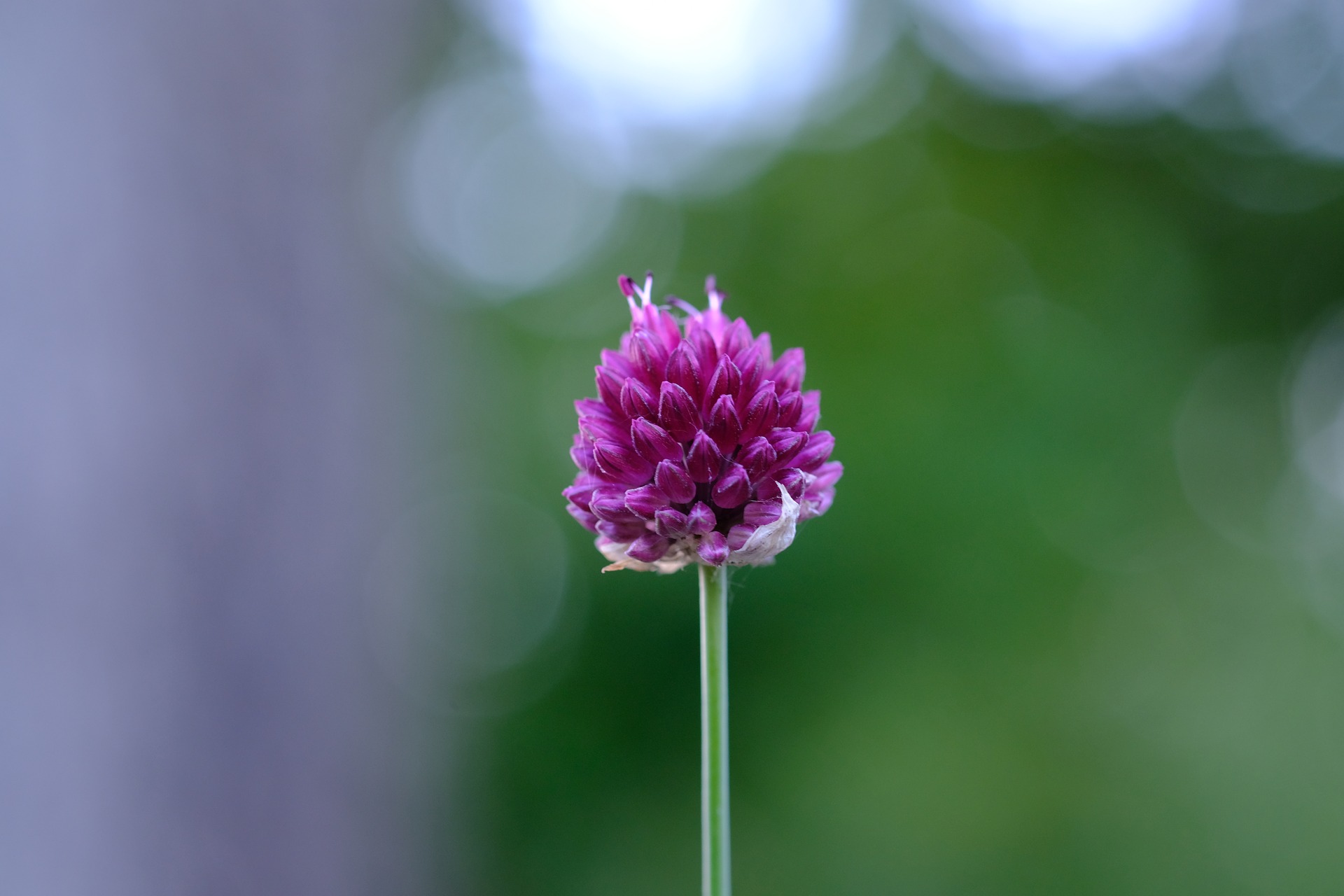
Scientifically known as the Trifolium paratense. This species of clover is short lived and bears purple flowers. The Red clover contains vitamin C, calcium, magnesium, chromium, phosphorus, potassium, niacin, and thiamine; it is also a good source of phytoestrogens and isoflavones. This species is also edible as its young leaves and flowers can be used to make soups and salads; it is also of medicinal value.
White clover
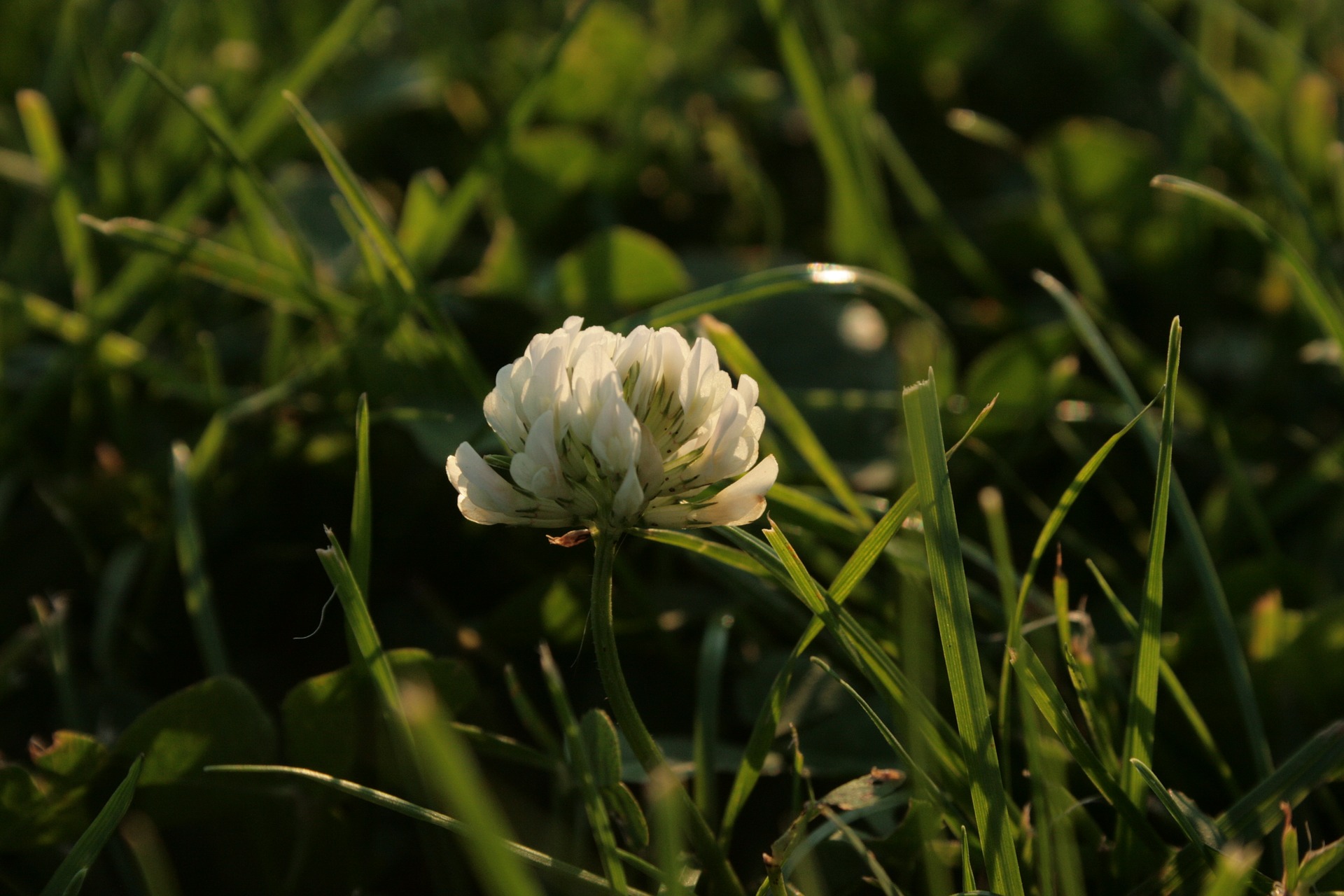
Its scientific name is Trifolium repens. It is a low creeping perennial plant that grows in lawns. Its flower is white with a tinge of pink; the white clover grows mainly in the United States and is easy to identify by its oval shape leaflet and white seed head. This species is found mostly in areas such as yards, pastures, and roadsides; it is tolerant to grazing and hence suitable for fields.
Subterranean clover
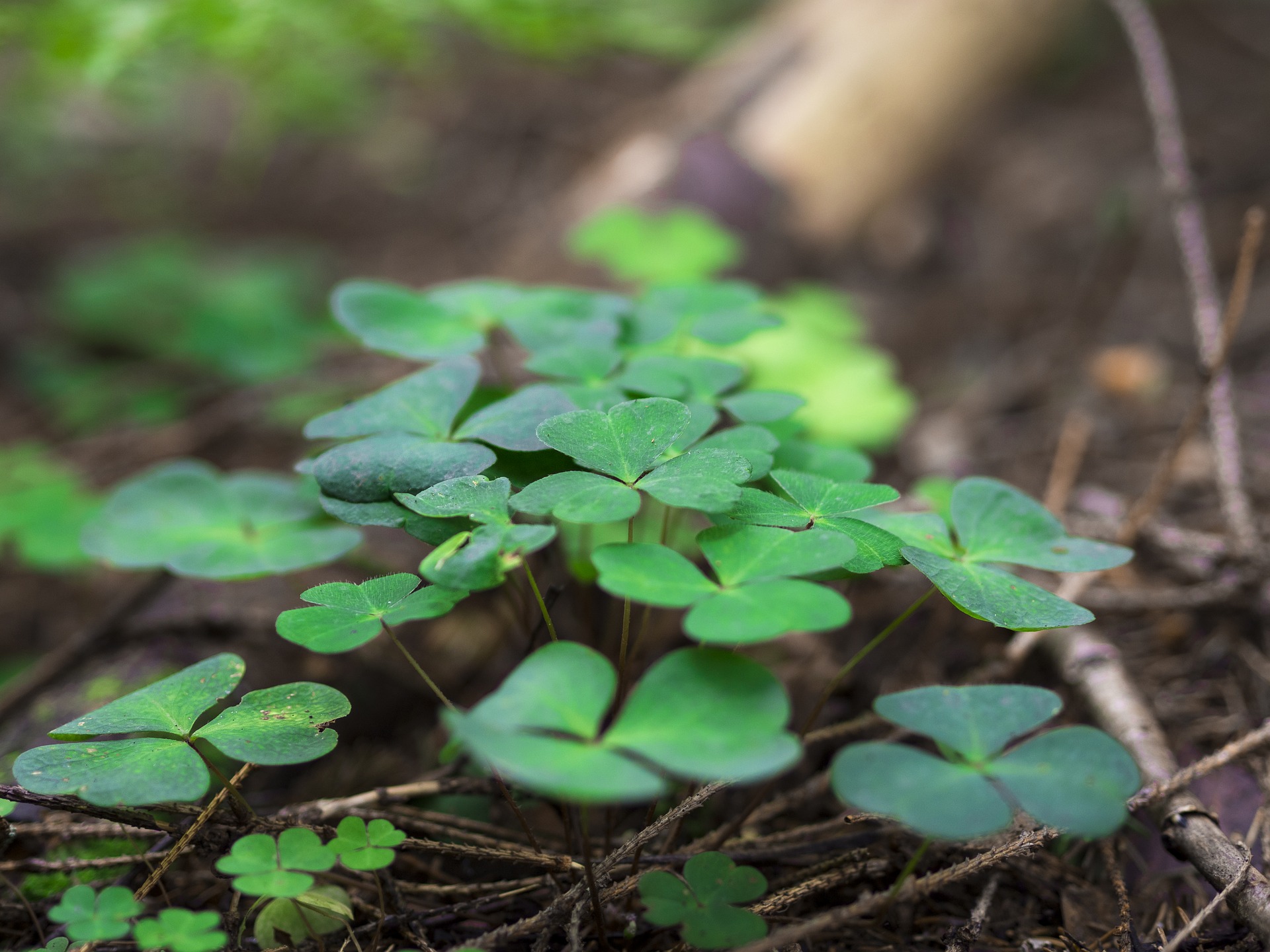
This species is an annual plant that easily grows in areas with mild winters. It has a small white seed head with a defining heart shaped leaflet with faint black specs. The Subterranean clover can grow in low fertile areas and can tolerate a cool environment.
Health Benefits and Therapeutic Uses
Clover has a variety of health benefits to the body such as:
Blood purification and circulation: White and red clovers can be used to promote human organs such as liver and the digestive system since they can help in the blood purification process. Coumarins found in red clover are said to help in facilitating smooth flow of blood within the body hence preventing high blood pressure and cardiovascular distress.
Healing Respiratory ailments: The white clover has healing properties; its leaves act as good expectorant and helps to reduce the effects of coughs and in some instances heal asthma.
Reduce the symptoms of menopause: Red clover is considered a natural remedy that helps in alleviating menopause-related problems in women; the phytoestrogen present in the red clover is responsible for the relief. The red clover can help to balance their hormonal shifts and prevent mood swings during menstrual periods and reduce breast pain experienced by most women during the period
Facilitate proper hormonal functions: Since clover is a source of many minerals, it naturally helps to restore the smooth functioning of the body hormones. Properties found in the red clover help in hormone balance in the body.
Beneficial to the nervous system: The presence of calcium and magnesium in the clover is good for the nervous system; it helps to relax it and hence can function properly.
Improves immunity: Clover contains elements that aid in the proper flow of the lymphatic system and hence aid in promoting the body’s immune system. Red clover leaves contain a healthy dose of antioxidants that help to neutralize pathogens that can cause infections hence reducing chances of either a viral or bacterial infection. The antioxidants also assist in strengthening your immunity from future attacks by virus and bacteria.
Alleviates body inflammation: Clover has diuretic properties and hence helps in reducing inflammation especially on gout patients; the red clover also contains antispasmodic properties that assist in relaxing the muscles and hence reduce aches and cramps. The white clover is also beneficial in managing inflammation caused by arthritis as it decongests the salivary glands hence reducing the ocular inflammation.
Treating skin conditions: The healing properties of the red clover is useful for treating skin disorders such as eczema and psoriasis.
Cancer prevention properties: Clover is said to contain some elements that are helpful in fighting cancer and also in managing types of cancer such as breast and ovarian cancer as well as other chronic degenerative diseases. The red clover also is useful in the prevention of prostate cancer in men; the compounds found in the clover help to block prostate causing enzymes from accumulating in the body.
Protection of the heart: The red clover contains anticoagulant properties that help in blood thinning and hence reduce the chances of any form of a plaque getting deposited on the walls of the arteries; this helps in prevention of heart diseases commonly caused by constriction of the blood vessels. The red clover contains Cholesterol-lowering Properties that will assist reduce the cholesterol level in your body and hence reduce the chances of getting a heart attack.
Body detoxification: The use of red clover gives your body the ability to remove excess toxic materials through natural forms of excretion such as urination. Such detoxifications rid the body of unwanted elements and hence purifies the body organs and enable them to function properly.
Conclusion
Despite numerous health benefits of the clover, it is advisable to make sure that you are in the right health condition to use the plant for its medicinal value. There are however several side effects with the use of clover for its healing benefits. They include nausea, muscle aches, heavy periods, and headaches hence it is important to consult a professional before use.





